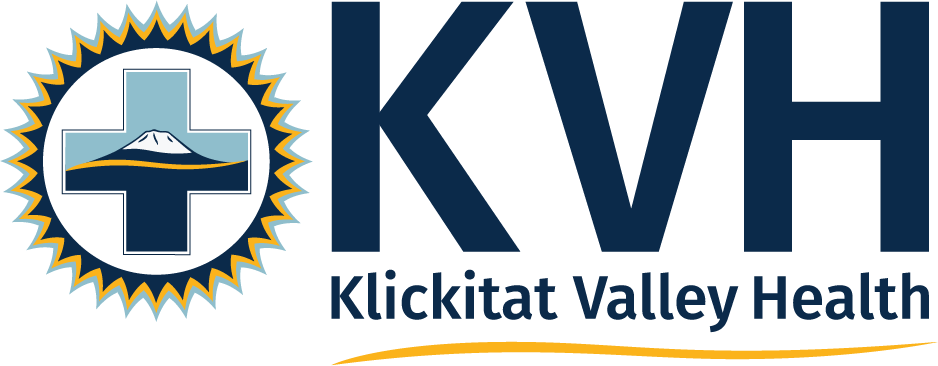How To Spot The First Signs Of Diabetes
Diabetes is one of the leading causes of disability and death in the United States. It can cause blindness, nerve damage, kidney disease, and other health problems if it’s not controlled. One in 10 Americans have diabetes — that’s more than 30 million people. And another 84 million adults in the United States are at high risk of developing type 2 diabetes.
The good news? People who are at high risk for type 2 diabetes can lower their risk by more than half if they make healthy changes. These changes include: eating healthy, getting more physical activity, and losing weight.
These early signs of diabetes can be mistaken for more minor problems.
Are you really thirsty lately? Really tired?
Symptoms of diabetes can sneak up on a person and seem so minor that they go unnoticed or are attributed to something else.
Common symptoms of type 2 diabetes include:
- Frequent urination;
- Feeling very thirsty;
- Feeling very hungry even though you’ve eaten;
- Extreme fatigue;
- Blurry vision;
- Slow-healing cuts and bruises;
- Tingling, pain or numbness in the hands or feet.
Three blood tests can be used to diagnose diabetes. A common one is the fasting blood glucose test, routinely done during a physical. The A1C test measures blood glucose for the previous two to three months. Another test, the oral glucose tolerance test, shows how your body processes glucose.
A doctor may use a combination of these tests for diagnosis.
Early detection and treatment can prevent complications, such as heart disease, nerve damage, eye problems and kidney disease.
If you is diagnosed with diabetes, it’s important to get blood glucose level under control with diet, exercise and medication.
There are so many options now for medications that are so tailored to the patient. Even other chronic illnesses can be factored in to help choose the diabetes medication with an added benefit.
Diabetes is a labor-intensive disease to manage, as patients decide how to eat based on glucose values that day. Making choices based on that makes a difference in avoiding developing complications.
KVH Patients can sign up for our Diabetes Education classes through their Primary Care Provider, or call Laura Herron, RN, BSN, KVH Diabetes Educator
Classes meet at KVH Family Medicine
Phone: (509) 773-4017 ext 2088
Email: lherron@kvhealth.net
 CAREERS
CAREERS PAY YOUR BILL
PAY YOUR BILL PATIENT PORTAL
PATIENT PORTAL
